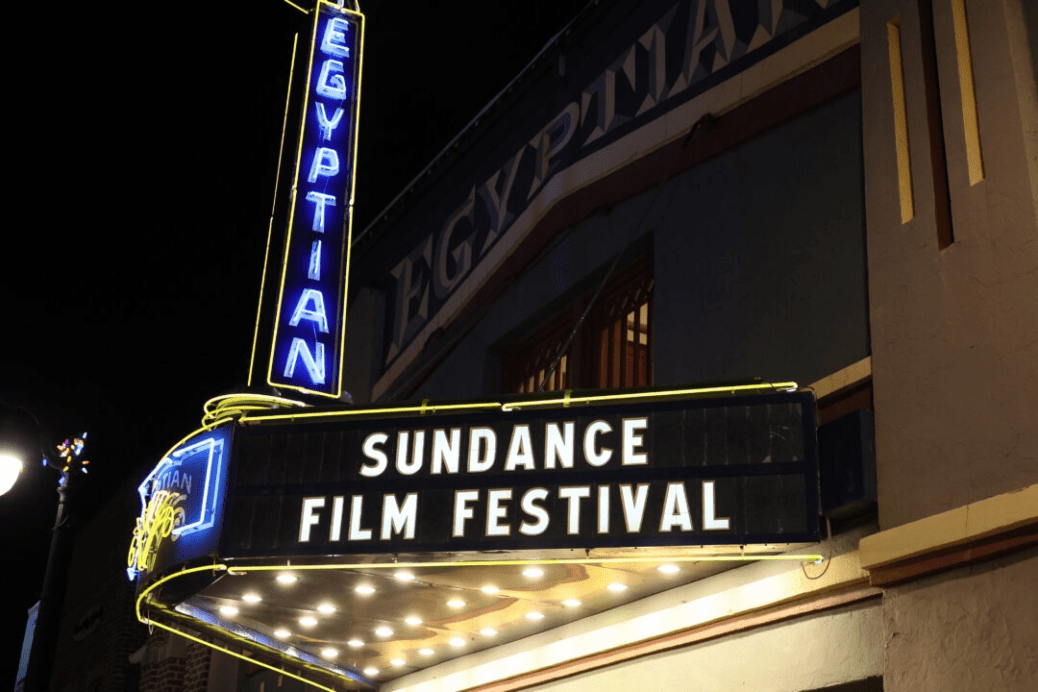After more than four decades in Park City, Utah, the Sundance Film Festival is set to relocate to Boulder, Colorado, beginning in 2027.
The decision marks a historic shift for the prestigious independent film festival, which has long been a cornerstone of global cinema. The Sundance Institute, the nonprofit organization behind the festival, announced the move in an official statement, highlighting the need for a fresh chapter in the festival’s evolution.
The Sundance Institute, founded by legendary actor and filmmaker Robert Redford, emphasized that the decision followed an extensive and carefully considered selection process.
“After a thoughtful and thorough process to identify the future location, Boulder’s storied and vibrant community of audiences, artists, and filmmakers allows the Sundance Institute to lay the foundation for a strong future for the Sundance Film Festival,” the organization stated.
The new location, they added, would maintain the essence of the festival while embracing new opportunities for growth.
For over a year, the Sundance Institute conducted a meticulous review of potential host cities, evaluating infrastructure, accessibility, cultural ethos, and alignment with the festival’s independent spirit. In September 2024, three cities emerged as finalists: Cincinnati, Salt Lake City, and Boulder.
The final selection process involved a deep assessment of each city’s ability to sustain and support the festival’s artistic community while also addressing logistical needs. Ultimately, Boulder was chosen as the city best suited to carry the festival into the future.
The festival’s leadership emphasized that Boulder’s unique identity as a hub for arts, technology, academia, and outdoor culture made it an ideal fit.
“Boulder is an art town, tech town, mountain town, and college town. It is a place where the Festival can build and flourish,” said Amanda Kelso, the acting CEO of the Sundance Institute. She expressed excitement about the transition, calling it the beginning of “a bold, new journey” for Sundance.
Ebs Burnough, chair of the Sundance Institute’s Board of Trustees, reinforced this sentiment, noting that Boulder represents a “key strategic step in [the festival’s] natural evolution.” The move, he explained, is about more than just geography—it is about ensuring the festival continues to thrive in an ever-changing cinematic landscape.
The decision was met with enthusiasm from Colorado’s leadership. Governor Jared Polis expressed his excitement, calling it a significant win for the state’s economy and creative industries. “We are thrilled to welcome the Sundance Film Festival to Colorado,” Polis said.
“The arts and film industry are key drivers of economic growth, job creation, and cultural enrichment in our state. With Sundance’s arrival, we anticipate even more opportunities for local businesses, from restaurants to boutique shops, to benefit from the influx of visitors and talent.”
The festival’s roots trace back to 1978 when it debuted as the Utah/US Film Festival in Salt Lake City. Its original purpose was to highlight American independent films while also showcasing a selection of Hollywood classics, including A Streetcar Named Desire (1951), Midnight Cowboy (1969), and Deliverance (1972). However, financial struggles soon followed, leading organizers to seek a more viable long-term home for the event.
In 1981, the festival was relocated to Park City and rebranded as the United States Film and Video Festival. The move proved to be a turning point, helping to establish the festival as a major industry event.
The winter setting, combined with Park City’s ski resort appeal, successfully attracted film industry professionals and audiences, transforming Sundance into a premier showcase for independent filmmakers.
By 1985, the newly formed Sundance Institute took full control of the festival, refining its focus on independent cinema and emerging voices. In 1991, it was officially renamed the Sundance Film Festival, cementing its reputation as a launchpad for groundbreaking films and influential storytellers.
Over the years, Sundance has introduced the world to iconic films such as Reservoir Dogs (1992), Little Miss Sunshine (2006), and Get Out (2017), among many others.
Reflecting on the festival’s evolution, Redford, now 88, expressed deep gratitude to Park City and Utah for their role in shaping the festival into what it is today. “Words cannot express the sincere gratitude I have for Park City, the state of Utah, and all those in the Utah community that have helped build this organization,” he said in a statement.
While acknowledging that change is inevitable, he emphasized that the festival’s core mission remains unchanged: supporting independent artists and giving them a platform to tell their stories.
Redford also thanked the Boulder community for welcoming the festival with open arms. “This move will ensure that the festival continues its work of risk-taking, supporting innovative storytellers, fostering independence, and entertaining and enlightening audiences,” he said.
Looking ahead, he expressed excitement for the future of the festival in Boulder, confident that the new location will help preserve the festival’s legacy while embracing fresh opportunities for growth.
The final edition of the Sundance Film Festival in Park City will take place from January 22 to February 1, 2026.
As the festival prepares to bid farewell to its longtime home, organizers and film enthusiasts alike are eager to see how this transition will shape the future of independent cinema.



